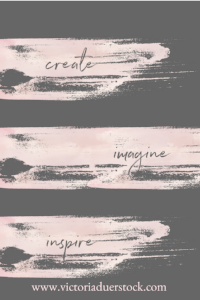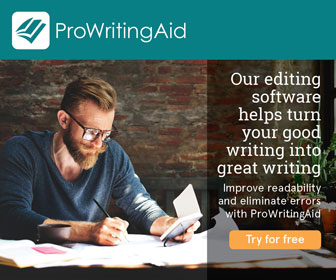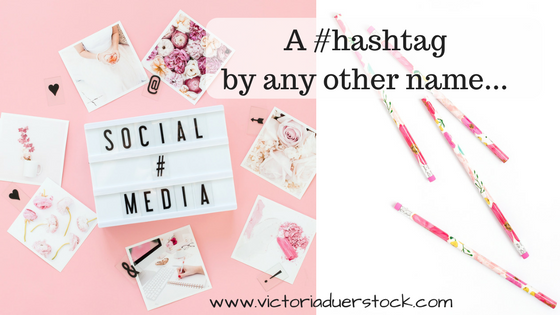I’ve been contemplating the importance of vocabulary and word usage for some time now. It seems that many of the difficulties so many of us struggle with when learning something new or in understanding what others do is that we aren’t clear on the meaning of the words being used.
Attend a writer’s conference for the first time, you’ll hear abbreviations and words bandied about like platform. If you haven’t been trying to publish yet, you probably have no idea what a platform is.
Speak to a designer about setting up a website and you’ll hear about SEO, pixels and widgets – oh MY!
If you launch into a discussion on social media growth, you’ll likely hear about pods, loops and groups. Add in marketing and advertising and you’ll just want to shut down and hide.
The reality is that unless you think like a teacher and consistently be intentional to explain your terminology, something will be lost in translation. As creatives, we can forget sometimes that people don’t think like we do and don’t know what we are thinking. Taking the time to explain the words we use are vital and being clear with others is the only way we can play our part to encourage those who aren’t as far on the journey as we are is to be sure we are explaining the process along the way.
Let’s be sure to use our words carefully not just because we should be cautious about our choices but also because we can’t help others learn and grow if we are not aware of the impact of a lack of explanation. I don’t know about you but it’s tempting to give up and feel like you’ll never understand when you are overwhelmed with information.




